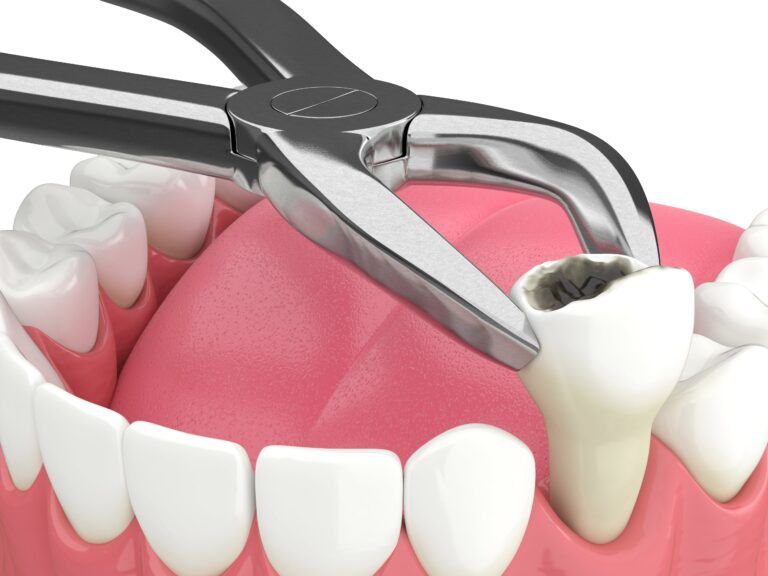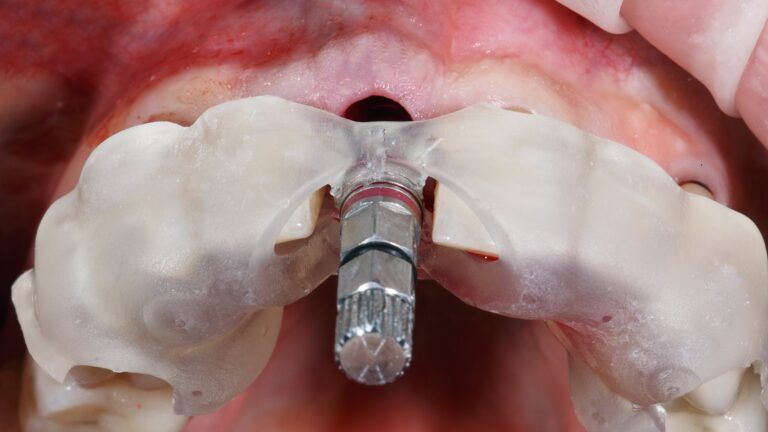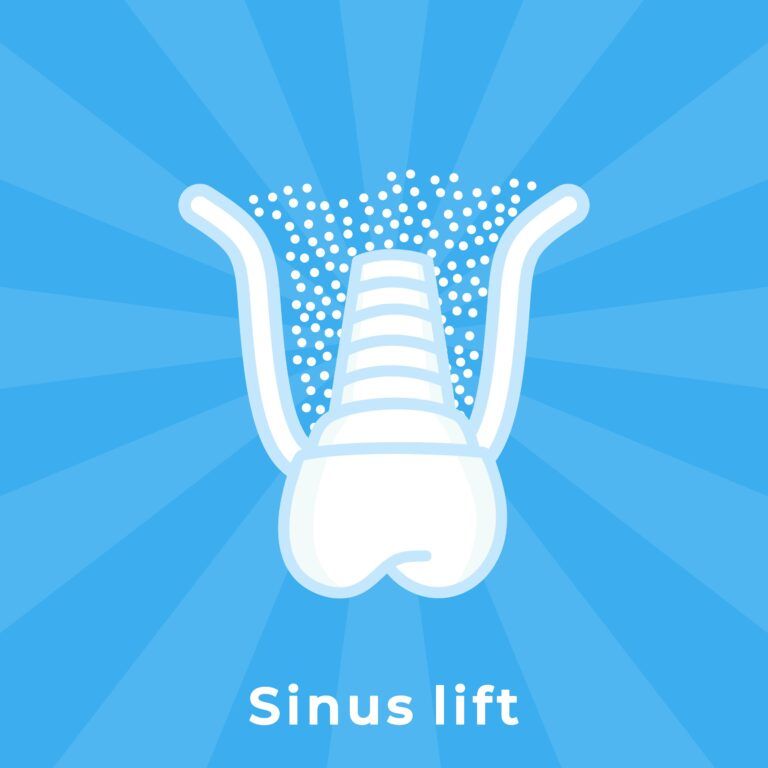When it comes to tooth replacement options, dental implants are considered to be the gold standard. However, traditional dental implants may not always be an option for some people due to the fact that they require a certain amount of bone mass. Unfortunately, bone loss is commonly seen with missing teeth, which can be a catch 22. Luckily, advancements in dental implant technology have developed the zygomatic implant.
Zygomatic dental implants are specifically designed for use in people with low bone mass in the upper jaw. Like traditional dental implants, they serve as an anchor point for a dental prosthetic. Unlike traditional dental implants, however, they are implanted into the zygomatic bone instead of the jaw bone. While the structure of both types of implants are similar, zygomatic implants are significantly longer than traditional implants since they extend past the jawbone. Additionally, zygomatic implants are placed at an angle and are angled where they connect to the prosthetic.
Besides the simple fact that zygomatic implants can be used in people who are not candidates for traditional dental implants due to severe bone loss, there are many reasons why you should get zygomatic implants, including:
Faster Upper Jaw Restoration

Traditionally, when a patient with low bone mass wants to have dental implants placed, a bone graft and/or sinus lift is required to build up the bone mass around where the implants will be placed. This often requires a surgical procedure and recovery period for the bone graft in addition to dental implant surgery. Since bone takes about 3-6 months to heal, this can drastically extend the amount of time it takes to complete implant treatment. However, zygomatic implants do not require additional bone grafting procedures since they use the cheekbones for support. Additionally, if you have any remaining teeth that need to be extracted, these extractions can be completed during the same procedure used to place your zygomatic implants. This means that the total treatment time can be significantly reduced by choosing zygomatic implants over traditional dental implants.
Less Invasive
One of the main reservations people have about getting dental implants is the fact that oral surgery is required to place the implants. When having an implant-supported denture placed, this also means that there are multiple surgical sites in the mouth since multiple implants need to be placed in order to support the denture. While zygomatic implants still require oral surgery, not as many implants need to be placed. This is because a single zygomatic implant provides the strength of about 3-4 dental implants due to the fact that the zygomatic bone is much denser than the jawbone.
New Teeth Fast

Zygomatic implants have more stability immediately after being placed than traditional dental implants. As a result of this increased stability, you will have functional teeth placed during your implant surgery. This means that you won’t need to go months without teeth while your implants heal. Additionally, there is no need for an upper denture, meaning that the top of your mouth will remain uncovered.
Cost-Effective
On average, zygomatic implants require less procedures and less implants. Less procedures and less dental materials used correlates to lower treatment cost. Not only that, but zygomatic implants are more predictable than traditional dental implants, which makes it less likely for them to fail and require additional treatments. However, the cost of zygomatic implants will depend on a number of factors and can vary from patient to patient.

Irfan Atcha, DDS, DICOI, DADIA at New Teeth Chicago Dental in Chicago, Illinois is a board-certified general dentist and a nationally recognized expert in dental implants, cosmetic dentistry, and sedation dentistry. Dr. Atcha is now serving patients in Naples, Bonita Springs and SW FL area with All-on-4 implants, teeth-in-a-day, same day dental implants and the complex zygomatic dental implants for the no-jaw bone solution approach. To schedule a consultation please email Dr. Atcha at teethforyou@gmail.com.





